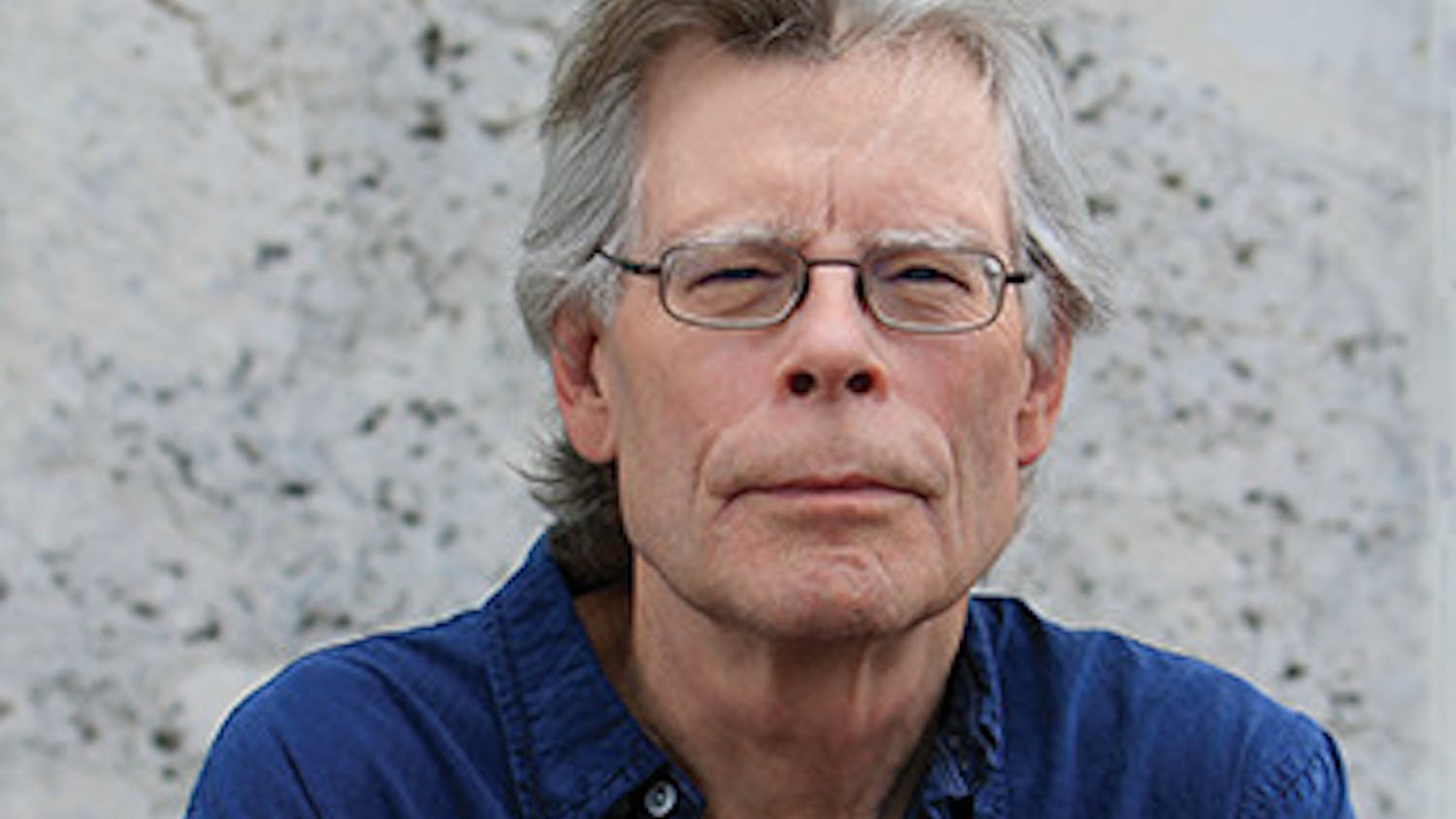The Presidential Policy Advisory Group sent its final report of 24 recommendations for the “Freedom of Expression” policy to Ohio University President Duane Nellis on Monday morning.
The policy group has been working since November to review the interim “Freedom of Expression” policy by examining comments submitted during a public feedback period. The group suggests OU cannot simply revise the policy, but it calls for a “wholly new effort” to draft a permanent policy, according to the final report.
Implemented in August, the policy bans "demonstrations, rallies, public speech-making, picketing, sit-ins, marches, protests and similar assemblies" and allows OU to limit conduct that is determined to disrupt its operations, interfere with student activities or pose safety risks.
“The committee unanimously agreed that the institution should express its views on the necessity of free expression on our campus while at the same time providing fair notice to the community about what is and is not permissible,” College of Communication Dean Scott Titsworth said in a press release.
The recommendations stress the university's role in fostering and protecting debate and highlights OU’s history of free speech on campus. The group concluded that the policy is “affirmative” but recommends rules regulating the use of campus space.
The recommendations state that Cutler Hall and the Baker Center atrium should not be used for “protests, demonstrations, or similar activities.” Those recommendations were not unanimously agreed on, and dissenting opinions are included in the report.
The fourth-floor Baker atrium has been the site of multiple demonstrations. A 2017 "occupation" resulted in the arrest of 70 students, who were demanding then-OU President Roderick McDavis make the university a sanctuary campus. In 2014, Baker was kept open past its usual midnight closing time due to a demonstration in which 100 students and Athens residents protested the fatal shooting of Michael Brown, an unarmed black man, by a police officer.
The policy group also recommended that demonstrations should be allowed at outdoor spaces on campus, provided the spaces are not reserved by other groups.
“Outdoor spaces are given wide protections by the courts. Outdoor spaces on Ohio University’s campuses should provide general accessibility for those exercising free speech/expression provided that such activities do not create substantial interference to the university’s operations,” the report states.
The group also suggests the elimination of vague language and said the new policy should direct university officials to maintain protocols for responding to public protests, demonstrations and civil disobedience. They also suggest that law enforcement should be able to do their job, even if that results in a failure to comply with the policy.
The recommendations also state that the policy should not "strip (law enforcement) of their ability to exercise their judgement in handling assemblies."
“The policy should not impair the ability of law enforcement to protect the safety of the public and comply with their legal obligations,” the report states.
It also recommends that the policy should distinguish free speech and expression from civil disobedience.
The policy group urged the Office of the President to “preserve and memorialize” the principal of academic freedom and add a preamble to the new policy. That preamble would outline the university’s support for the “core value(s)” of free speech and expression.
“Our hope is that a new policy or policies will provide clarity on reasonable restrictions and avoid reliance on subjective, case-by-case decision-making,” Titsworth wrote. “As is the case at other progressive institutions, reasonable restrictions can co-exist with a vibrant culture of expression, protest, and dissent at Ohio University.”






